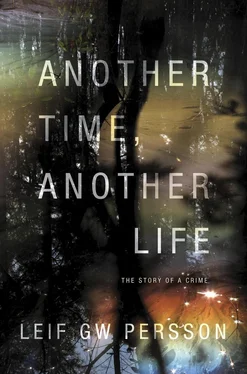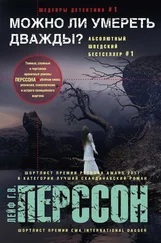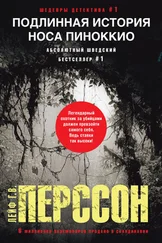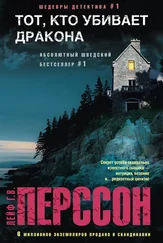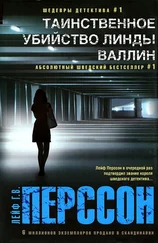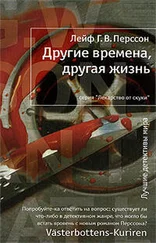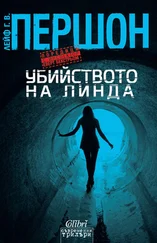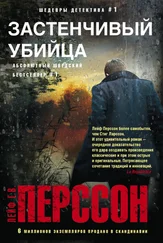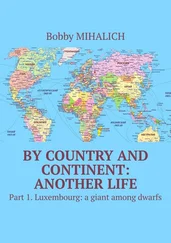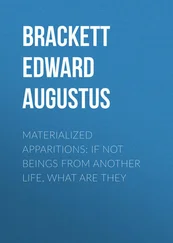“The Tischler family chateau out on Värmdö,” said the GD, who apparently was not completely ignorant.
“Yes,” said Johansson. “But the one who actually took care of that was probably her older cousin Theo.”
“And that was all,” asked the GD.
“Yes,” said Johansson. “That was the whole thing.”
“So why did she do it?” the GD asked curiously. “Did she know what kind of plans the Germans had?”
“No,” said Johansson. “She had no idea about that. She thought it was about helping some radical German students who were wanted at home in Germany to hide from the police. She hadn’t heard a word about any terrorists or any violent actions. It was her boyfriend Welander who got her to believe that.”
“Helped by a combination of youthful ignorance and radical involvement,” the GD added dryly.
“More or less,” said Johansson.
“And we are quite sure about this?” asked the GD. “Both what she did in purely practical terms and why she did it?”
“Yes,” said Johansson. “There’s not the slightest doubt on any of those points.”
“If that’s so,” said the GD while he nodded in the direction of his own ceiling light, “then in Stein’s case this concerns the protection of a criminal. Making a rough estimate, without having checked on this, it must be at least fifteen years since the statute of limitations ran out. Probably twenty years.”
“Something like that,” said Johansson. “Law is not my strong suit.”
“But it is mine,” said the GD, smiling. “Why did we pull the case out of our files two years ago?”
“For several reasons, according to my predecessor, Berg,” said Johansson. “The two who were actively involved, Welander and Eriksson, were both long dead. The statute of limitations had run its course in terms of Stein’s involvement and Tischler’s probably too. Then the truth commission was going to come in, and considering that the West German embassy was a very conspicuous event that is still interesting in terms of politics and the media — I can imagine for example that the German media would have a few ideas about the Swedish part of the drama — among other things there are relatives of the German victims who are still alive — I guess there was simply a desire for peace and quiet.”
“You don’t think there were any reasons other than the ones Berg mentioned?” asked the GD.
“Well,” said Johansson, “I can think of one.”
“Which is what?” asked the GD curiously.
“Eriksson worked for several years as a so-called external collaborator at what was then the security department at the National Police Board. Among other things he was collaborating at the time of the embassy occupation.”
“Oh dear,” said the GD. “That isn’t good.”
“Concern for one’s own ass is seldom particularly rational,” said Johansson, who knew what he was talking about from his own experience.
“Stein then,” asked the GD. “The background check on her when she was going to be made undersecretary dates from around the time when the case was cleaned out of the files. What is the connection there?”
“According to my predecessor, the fact that Stein was approved was primarily the result of a strictly legal assessment.”
“Of course,” said the GD, pursing his narrow lips slightly. “That sounds reasonable, but I have a very hard time believing that Berg would be unaware of the political risk in the event of a leak.”
“I think he judged the risk of a leak from his own department to be basically nonexistent, and besides he solved the problem by informing our common acquaintance the undersecretary — the prime minister’s own security adviser — about Stein’s involvement in the West German embassy.”
“So how did Berg describe it?” asked the GD.
“In factually correct and very conciliatory terms,” said Johansson.
“And considering that she was appointed, the government seems to have taken the same position,” the GD observed.
“Because the information about Stein’s involvement in the West German embassy was given orally by Berg to the undersecretary, I get the impression it also may have stayed with him,” Johansson clarified.
“Is this something you believe or something you know?” asked the GD.
“It’s something that occurred to me,” said Johansson.
“Interesting,” said the GD. “I was struck by the same thought myself.”
“As I’ve gathered from your description and that of others, Stein’s appointment as undersecretary can scarcely have been uncontroversial,” said Johansson.
“No,” said the GD. “Definitely not, and the general perception among those who consider themselves well informed about such issues was that the government wanted to give the military and defense establishment a tweak on the nose. Considering Helena Stein’s personal qualities it was not a bad tweak. She is a creditable opponent, to say the least, and her basic view of defense policy is simple enough to summarize.”
“How so?” asked Johansson.
“The four Ns,” said the GD. “Nonproliferation, neutrality, and no NATO.”
“She can’t be entirely alone in that,” Johansson objected, having entertained a similar viewpoint himself, despite the fact that he was a hunter and had his appearance against him.
“Among her predecessors in the position this has not exactly been the dominant view, however,” the GD said primly. “With Stein it is also the case that as a defense analyst she is far superior to both her sympathizers and her opponents. And it gets really sensitive when we come to the subject of her view of the defense industry and trade in war matériel.”
“How so?” asked Johansson.
“For one thing,” said the GD, “the basic view she and others have expressed is hardly compatible with the fact that we also export or import defense matériel to or from either the U.S., NATO, or other democracies in the West, not just those economically less interesting non-democracies we’ve already blacklisted.”
“Goodness gracious,” said Johansson.
“Yes,” the GD agreed. “At Saab and other similar places they can certainly keep a straight face. In monetary terms it comes to more than thirty billion kronor per year if you count both exports and imports and include the civilian element. You see, it’s not just about JAS planes, submarines, cannons, mines, explosives, and bomb sights. There’s a great deal besides that has economic importance, primarily for civilian production, such as trucks, ventilation systems, electronics, and the packaging of freeze-dried food, one of the most common articles in the military commercial context.”
“But that’s no joke,” said Johansson. “Appointing her undersecretary of defense must be a real blow.” Like being knocked down from behind with an iron bar, he thought.
“Helena Stein is more intelligent than that,” said the GD, who now appeared visibly amused. “She has always been careful to discuss these issues in principled, ideological terms — not least in terms of legal philosophy. She has raised ideas, brought up issues at a high level, pointed out moral, political, legal, and economic consequences of one position or another.”
“I’m sure that didn’t make them any less nervous,” Johansson objected.
“No,” said the GD. “They were completely terrified by the prospect of her appointment. But let’s return to the handling of the West German embassy. I understand that a few months ago certain information was returned to our files about the Swedish involvement in the West German embassy.”
“Yes,” said Johansson. “Reportedly it was because of tips from our American friends, and strangely enough the information specifically concerns Eriksson and Welander, both of whom are dead. On the other hand there was not a word about Tischler and Stein, who are both alive of course.”
Читать дальше
